

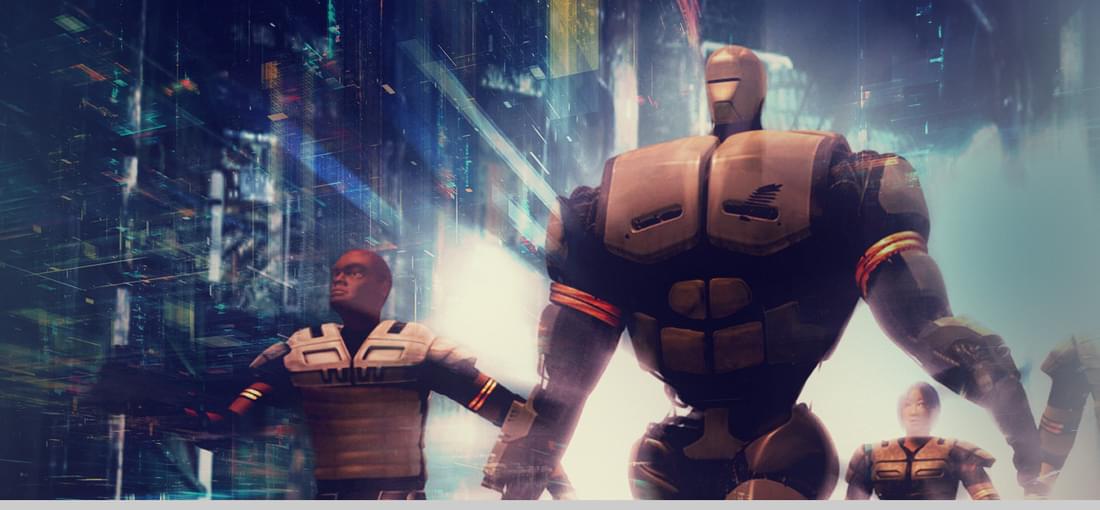
This is one that I originally played back on the PS2, and the PC version is unsurprisingly better in every way. It's a terrific game that's brought down by a few flaws. First the positive. It has amazing level design. Project Eden shines most when you have the freedom to explore the massive levels and search for the way to get to the next area. The levels themselves are the puzzles; everything you need to solve is environmental in some way. With four characters who each have a special ability, figuring out how to get each of them to the right place to go deeper into the game is a real treat. However, this excellent design is marred by very frustrating combat. It starts off OK, but as you progress through the levels, it gets worse and worse. Probably the most frustrating part is the "Transfer" feature. Instead of just using the status menu or the number keys to switch your characters, you can also highlight one of them and click the action button to transfer into that person. On paper, this sounds handy, but during a firefight with all four characters running around, it gets really confusing. You find yourself frequently hopping from character to character without meaning to, and it *will* get you killed on occasion. Thankfully, to remedy this, there are regen points scattered around the levels. Instead of save/load checkpoints, these function as respawn points that heal your characters. This means that most combat can basically be won by attrition. At least the weapons are pretty cool. All in all, this is still a great game and well worth your time, but just be aware that if you're looking for a straight third-person shooter, you'll likely be disappointed.
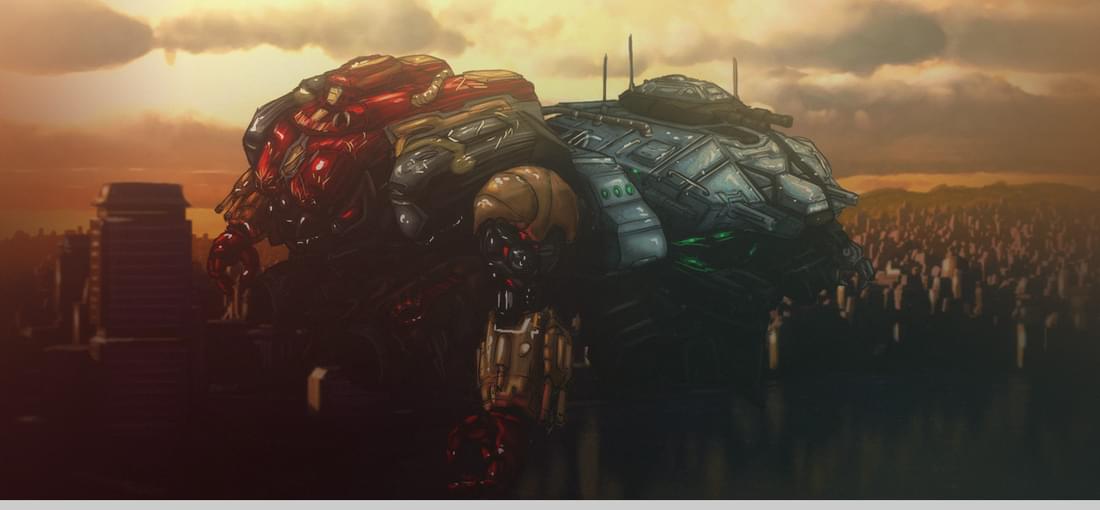
This one of my favorite strategy games, and it's a little hard to describe. The store page calls it a roguelike, which isn't entirely untrue, but shares a lot with games like XCOM or FTL. It's got an overarching goal of amassing a force strong enough to defeat an army of rogue robots within a certain time frame, but you accomplish this through a series of individual missions. The individual missions are where the "roguelike" description is most accurate. They are randomly generated within the parameters of the location: arms factories have more weapons to loot, barricades have tons of bots in a small space, and fuel depots are made of explodium. Between missions, you have a chance to outfit your bots with various bits of loot you found on the missions. This is one of the places where the game can bog a bit. The robots you control have a LOT of hardpoints, and it's often a bit tedious to figure out the best configurations. On lower difficulties, this doesn't matter as much, but on higher ones you really need to take the time to maximize efficiency. Speaking of difficulty, one of the things I really like is how much variety and replayability is added by all the different customization options. There are several different mission leaders, number of days, overall AI difficulty, and more that let you decide how hard or easy you want things to be, Overall, this is an excellent strategy game that you can tackle in small bits or binge on a weekend afternoon. Highly recommended for those interested in this style of game.
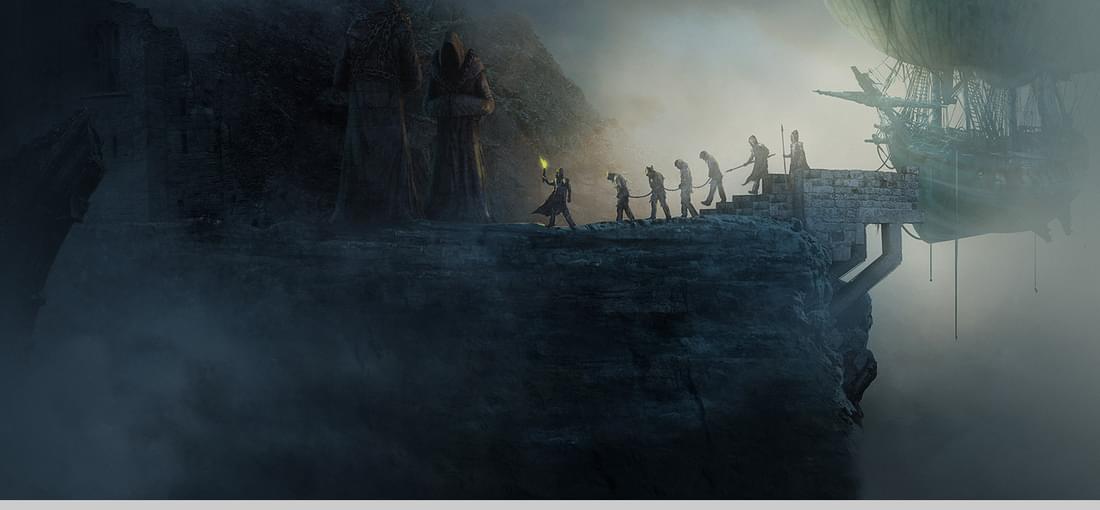
I love the immersion - the environments, the puzzles, the other-wordly-ness of the dungeon. But the problems come from a few odd choices. The combat never quite felt "right" to me. It's still really weird to have real-time combat in a grid-based system, and while it serves OK, it just never felt natural. The big problem for me came from some of the puzzles. Most of them are great. Some require quick timing, and others some out-of-the-box thinking. But then there are *those* puzzles. Oh yes. The ones where no matter what you do, there's no way you will guess the solutions on your own. The ones where the switch is hidden two rooms over on an inconspicuous bit of wall that the only reason you would check is because you know you have to look at every wall to check for hidden switches. But then there is the 9th floor temple puzzle. This one is a doozy and almost got be to completely stop playing in "You've got to be kidding me" frustration. MINOR SPOILERS It requires 4 items, exactly NONE of which you are required to be carrying. So even if you manage to guess the answer to the 4 riddles facing you, unless you either A) happen to be carrying all 4 items or B) remember exactly where you left them, you will be in for a lot of needless backtracking and pixel-hunting. I was carrying 2 of the 4 items, and thankfully remembered where there were 2 of the others, but if I hadn't remembered AND hadn't used a guide to see the answers to the riddles, I would have quit right then and there. I still give this a recommendation, but would strongly suggest you use a guide and/or make notes whenever you drop an item, since it could come back to bite you later.
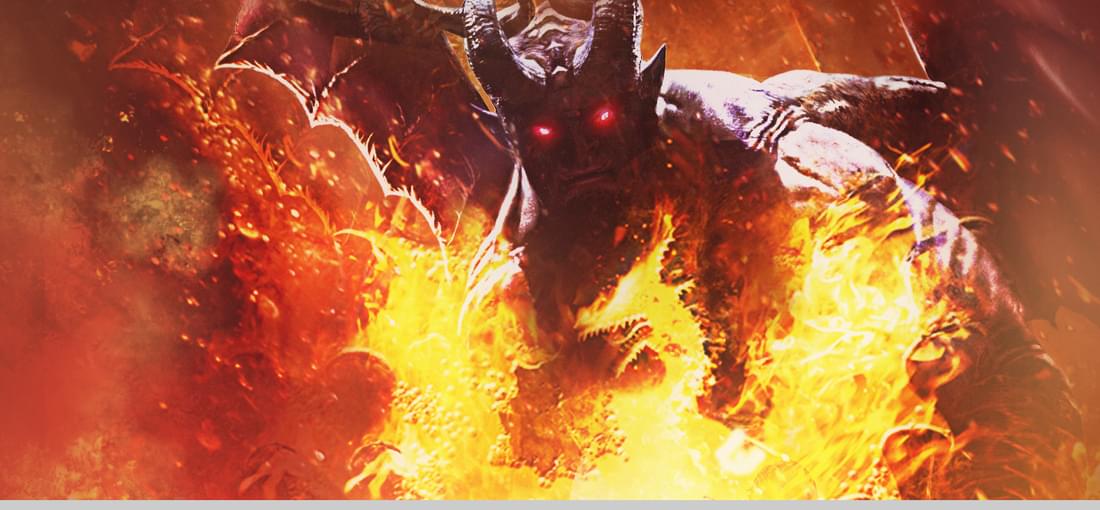
This is literally my favorite game of all time. I have some bullet-points in store for main things I like about it, but here is the main one: This game plays like what I imagine when I'm playing tabletop Dungeons and Dragons. At least in terms of combat (and to a lesser extent, world interaction), you can pretty much do anything the controls and your character's skills will let you. Want to jump off a railing and grab the tail of a flying dragon? Do it. Want to climb around the side of a thieves' den crawling with guards and steal the treasure you need? Go for it. Want to create a glass cannon sorcerer with devastating magic but you need help to cover you while you cast? You betcha, that's what Pawns are for. It plays out so beautifully that I can't help but love all the things that your character is capable of doing in with the environment and combat. So because I promised bullet points, here are a few: - Open world that is not too open; plenty of room for exploration but not so huge that you get lost - Great customization: not only in the appearance of your character and pawn, but also 9 classes, dozens of skills, and hundreds of weapons and armor - Classic fantasy menagerie: Hydras, Dragons, Griffins, Cockatrices, Beholders, Goblins, Undead, Lizard Men, and more - Fun Pawn system: create a helper, rent her out to other players, hire other players' helpers, and be rewarded for your efforts - Interesting story: despite many traditional fasntasy trappings, the story is unique and the world building fascinating Final note: the TV Tropes laconic page for this game sums it up thusly: A cross between Devil May Cry, Dark Souls, Shadow of the Colossus, and Monster Hunter. Wanna play the most fun action RPG ever made? DO IT.
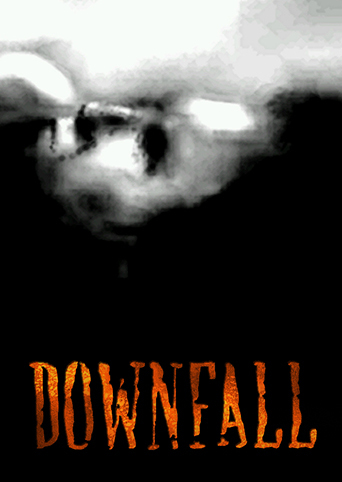
Downfall is an interesting and atmospheric take on a story concept all-too familiar to horror aficionados. Your character, Joe, starts out with his wife, Ivy, in a hotel. Ivy doesn't seem well, and soon after the couple check in, the fit hits the shan. While the graphics are a fairly simplistic, hand-drawn affair, they add to the somber mood and sense of horror and other-worldliness. However, they ultimately are the games biggest, erm, downfall, but not because of quality. To put it succinctly, this is one of the worst pixel-hunt driven adventure titles I have played in a long time. Objects blend in completely with the background and are very hard to find. Making matters worse, not every object is important to your quest, setting you up to be frustrated in your efforts to find the relevant objects. The puzzles themselves are very easy, but finding the things you need to solve them is maddening. There is no journal or hint system, either. And finally, the setting is fairly open, meaning you can find objects well in advance of when you need them. This is fairly normal for adventure titles, but in Downfall, you can also MISS them that much earlier, leading to having to backtrack and pixel hunt in every single screen. All in all, it's a worthwhile endeavor, though the story resolution is a little bland. If you like horror and are not particularly squeamish, you might be interested in this. But know that it's not very good game play and an ultimately a shallow story, but still creepy and engaging nonetheless.
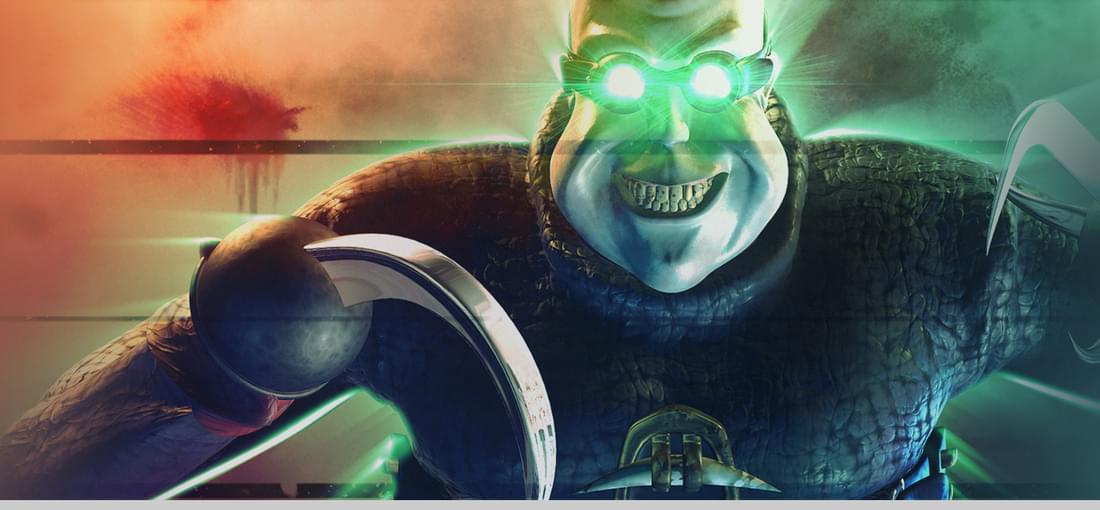
One of the most imaginative and enjoyably weird games I have ever played. If you have any interest in a game that pays homage to the classic sensibilities of the supernatural horror genre while simultaneously subverting it and parodying it, you owe it to yourself to give this a look. Ghost Master, though ludicrously named, is a very fun if repetitive RTS game at its core. Though instead of constructing buildings and waging war against aliens/demons/etc. you are haunting a house until some pre-determined objectives are complete. The level progression is interesting, and honestly my only major complaint is that it can be frustratingly difficult to try to collect all of the spirits yourself without consulting a guide of some kind. That said, the basic gameplay of "haunt a place until you scare the living daylights out of all the mortals" carries surprising depth and fun. Especially if you happen to be reading this over the weekend of 6-10-11, you could do a heck of a lot worse for 2.99 US. Give it a try. I think you might find it spooky good!